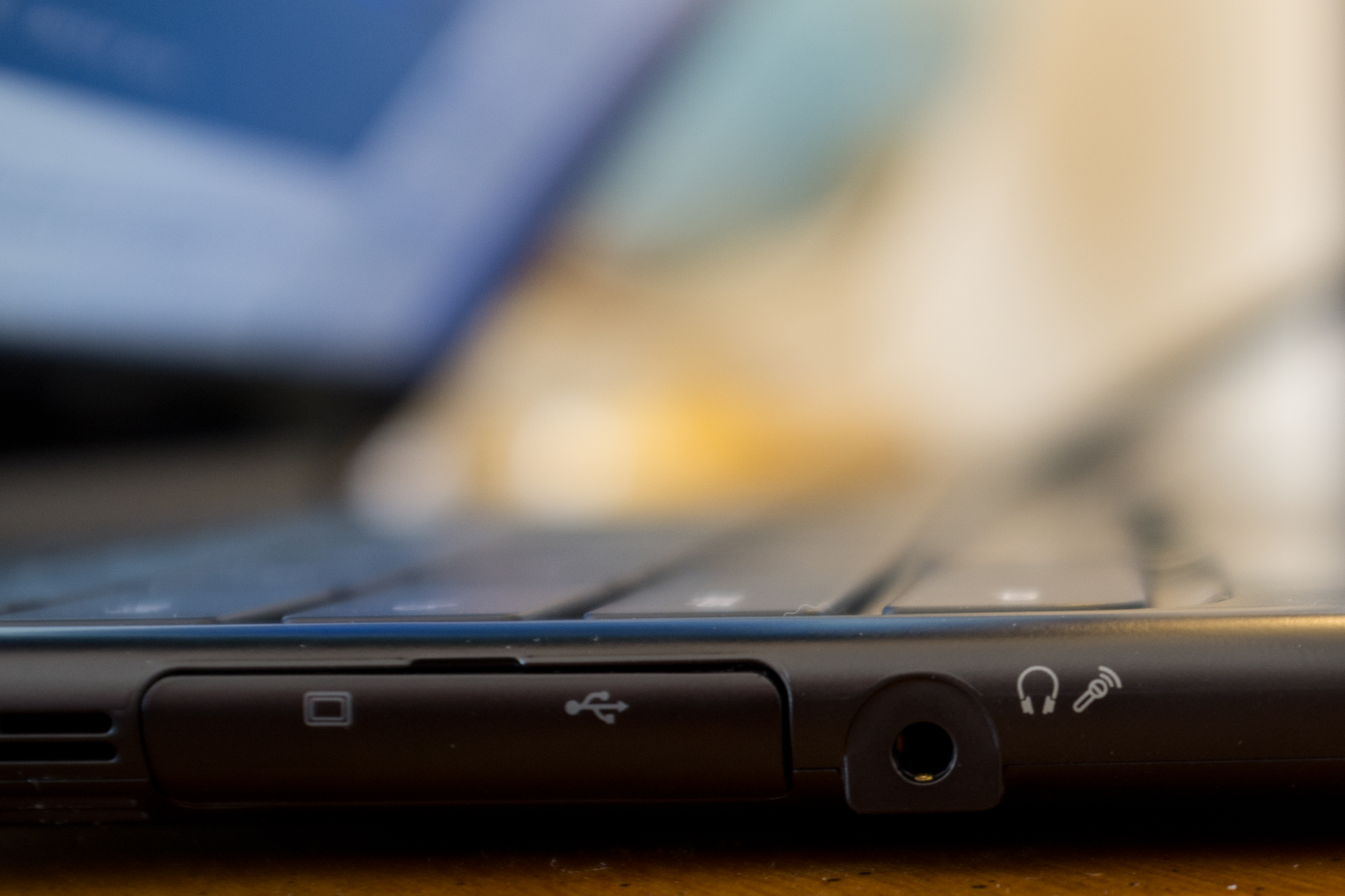Yesterday, commentary “Do Chromebooks matter anymore?” popped up in my Google+ feed. Preston Gralla rightly wonders, when looking at how the laptops have fallen off Amazon’s top-seller lists, IDC shipment forecasts, and what happened with netbooks. While being a Chromebook fan, I must admit to sharing similar misgivings,
So today, I emailed Stephen Baker, NPD’s vice president of industry analysis: “Are Chromebooks just the next netbook wave? Low-cost, lean configurations, and education adoption all look similar to me. Do you see any parallels to suggest Chromebook is little more than the next netbook and it’s headed for the same destination: Short-term appeal that vanishes? Or is there longevity here, based on sales numbers? His answer is reason for this post.
There is “no evidence that Chromebooks are short-term”, he says. “Given the rapidity that the windows ecosystem is embracing under $300 products, given the changes that people are making in how they consume data and use their PC, given the falling demand for tablets, it is hard to see how this idea makes any sense at all. No one has ever suggested these were going to take over the world so citing unit numbers is not relevant. They continue to grow and take some share”.
“Some share” are the keywords. Through U.S. commercial channels and retail, Chromebooks accounted for 14 percent of laptop sales last year, according to NPD, which released data at my request. That’s up from 8 percent in 2013. Commercial channels, largely to educational institutions, accounted for about two-thirds of 2014 Chromebooks sold. Year over year, sales soared by 85 percent, and the trajectory continues to climb.
Fourteen percent from nothing when Acer and Samsung shipped the first commercially-available Chromebooks almost four years ago is no small accomplishment. Nearly all major OEMs sell laptops running Chrome OS, with new models releasing at surprisingly brisk pace. Quick examples, for 2015: Acer educational and 15.6-inch screen models and Dell educational Chromebook.
The laptop category isn’t for everyone. Over at ComputerWorld today, JR Raphael offers a three-question quiz for prospective Chromebook buyers. The post is an excellent primer.
Reminder of some of the benefits:
- Easy setup
- Guest-user account
- Fast crash recovery
- Instant-on capability
- Security architecture
- High-value for low-cost
- Simplicity and usability
- Hands-free IT management
- Frequent updates delivered easily
- Seamless sync with devices running Chrome
The measure of any product’s usefulness are the benefits it delivers, rather than features. For example, setup is as easy as logging into your Google Account. Want to change Chromebooks or use another? Log in—setup is complete. My Chromebook rarely crashes, but when it does rebooting takes less than 10 seconds and restores to the previous state. From sleep, the laptop wakes immediately—or nearly-so on some models—and connects to WiFi fast.
Circling back to the main point. A product’s popularity on Amazon is no measure of its success or failure. I trust Stephen Baker more. Among analysts, he has surprisingly consistent track record getting these things right.
Editor’s Note: A version of this story appears on BetaNews.
